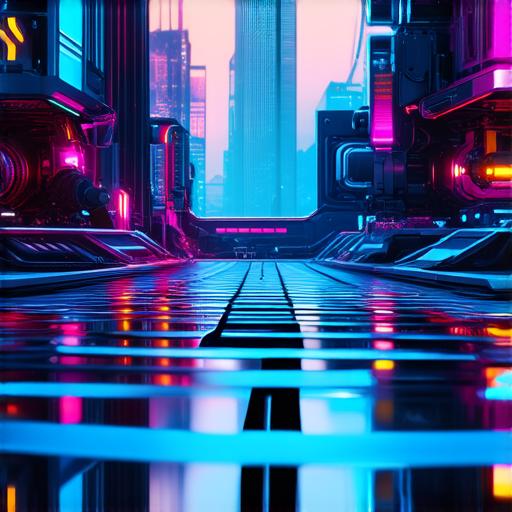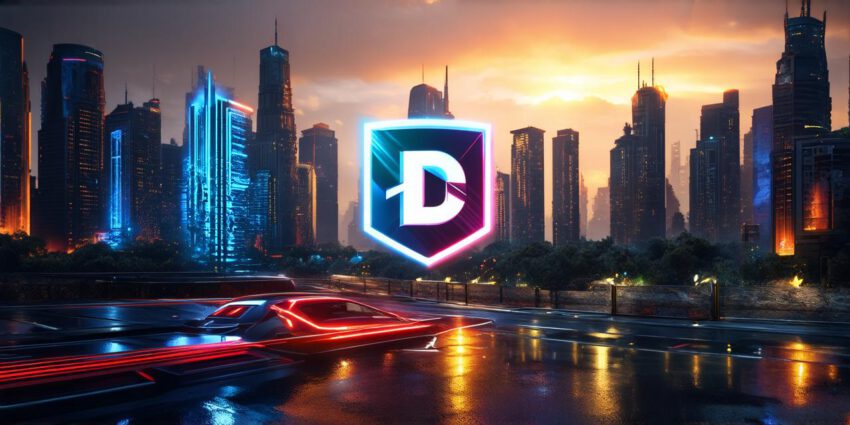In the dynamic world of game development, two names consistently echo: Unreal Engine and Unity. Both are robust platforms, each with its unique strengths. Let’s delve deeper into their features, advantages, and use cases to help you make an informed choice.
Unreal Engine: The Powerhouse
Unreal Engine is renowned for its high-quality graphics and real-time visualizations. It shines in AAA game development, movie production, and architectural visualization. Let’s delve deeper into their features, advantages, and use cases to help you make an informed choice.
Unreal Engine: The Powerhouse
Epic Games’ Fortnite is a testament to its power, with its stunning graphics and smooth performance even during intense multiplayer battles. As one developer puts it, “Unreal Engine offers an unparalleled level of graphical fidelity, making it ideal for creating visually stunning games.”
Unity: The Versatile Workhorse
Unity, on the other hand, is a versatile platform favored for its ease of use and cross-platform compatibility. It’s the go-to choice for indie developers and educational institutions. Games like Angry Birds, Temple Run, and Pokemon Go are all products of Unity. A developer notes, “Unity’s simplicity makes it an ideal starting point for beginners due to its user-friendly interface.”
Performance vs Flexibility
The battle between Unreal Engine and Unity often boils down to performance versus flexibility. Unreal Engine delivers superior graphics but requires more technical expertise. Unity offers a more accessible learning curve, sacrificing some graphical prowess.
Performance vs Flexibility
However, both engines are constantly evolving, with each release bringing new features and improvements. For instance, Unity has been focusing on improving its graphics capabilities, while Unreal Engine has been enhancing its ease of use and accessibility.
The Verdict: It’s All About Your Needs
The choice between Unreal Engine and Unity isn’t about which is ‘better.’ Instead, it’s about aligning your project needs with the right platform. If you’re working on a visually stunning AAA game, Unreal Engine might be your best bet due to its superior graphics capabilities. For indie developers or educational projects, Unity’s ease of use and cross-platform compatibility could be more beneficial.
FAQs
Q: Can I switch between Unreal Engine and Unity?
A: Yes, you can learn both engines and switch depending on your project needs. However, the learning curve for each engine may require some time and effort.
Q: Is one engine easier to learn than the other?
A: Unity is generally considered easier for beginners due to its user-friendly interface and use of C as a scripting language. However, both engines have learning resources available, and mastery of either can lead to exciting game development opportunities.

In conclusion, whether you’re a seasoned developer or a budding game creator, understanding the nuances of Unreal Engine and Unity can significantly impact your game development journey.
